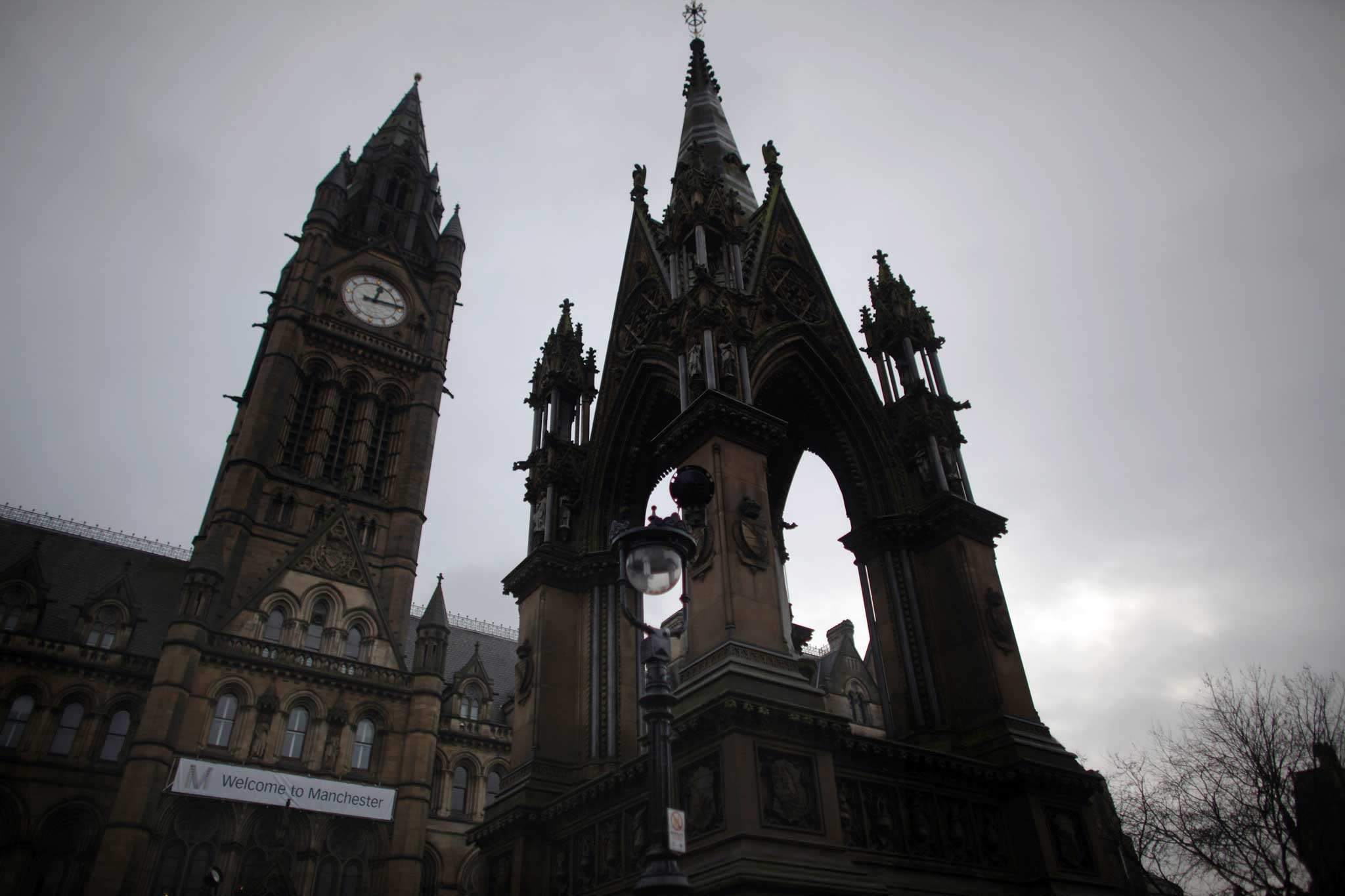Osborne’s promise to give cities their money back marks the end of the Westminster power grab
Labour claims handing power back to councils is passing the buck – but there’s far more to the policy than that

Imagine a city where the council runs 70 per cent of the hospital beds, generates most of the electricity, pipes gas and water to people’s homes, educates plumbers and builders and houses many of the poor. This is not New York or Berlin, but Herbert Morrison’s London of the 1930s - a place where the combination of Conservative national government and innovative local Labour leadership started to lay down the foundations for the welfare state.
Britain has changed immeasurably. Then, we were one of the most decentralised countries in the developed world. Today we are the polar opposite: in the course of a single life time, the English have granted Westminster more and more power, until practically every political road leads straight back to Central London. The result has not been the fairer society we were promised, but a world in which politics becomes a remote spectator sport, regional cities have been held back economically and distrust is rife.
With George Osborne’s announcement in Manchester today, the tide is finally turning. Councils will now be given more control over their business rates than they have had in 20 years, keeping all of the growth that comes when new firms open their doors and start paying tax. The move is part of a decisive shift away from the Blair era, when local authorities were there to deliver great public services and hang the cost, to a new era in which councils will fund themselves in significant part from the proceeds of local economic growth.
The Chancellor wants smaller government and is squeezing city budgets until the pips squeak. But at the same time he is offering cities more freedom to decide how to make the cuts by working far more closely with the NHS, colleges and the police. Labour’s frontbench made it clear in Brighton that they think this is nothing more than an attempt to shift the blame for austerity - but the party’s own urban leaders do not share the same qualms. To paraphrase George Bernard-Shaw, those who say it cannot not be done should stop interrupting those who are already doing it.
The old welfare state is dying, and budget cuts are only partly to blame. An ageing population combined with rising obesity and smoking-related illnesses are forcing up the costs of health and social care to the point where they will swallow the lion’s share of the proceeds of economic growth. Our welfare system has completely failed to adapt to a world in which more of us may soon be self-employed than work in the public sector.
The challenge for cities is to come up with ways of solving the problem. Osborne needs to help too, by building on today’s announcement and giving cities full power to raise and lower a wider range of local taxes. Until he does, England’s regional cities will always lag behind their far more liberated European competitors, most of whom already enjoy far greater fiscal autonomy.
Osborne’s plans, announced today, are only the beginning of a much wider social transformation. Political centralism is not only undesirable, it may also be impossible to maintain. Celtic nationalism and its more muted English variants are eating away at Westminster’s legitimacy. New technology means that we as individuals can do far more to help ourselves and each other than ever before: look at the way the Occupy movement organised spontaneous people-powered disaster relief in post-Hurricane Sandy New York.
Trust in politics has hit depressing lows, but our trust in each other, and our ability to take over parks or care for our neighbours, for example, has seldom been higher.
We need a new welfare system based on local power and sharing the “commons” – those things we all use, but none of us own. If you want to know what politics is going to look like in future, swerve away from the entrance to Conservative Party conference and head instead towards the gothic slabs of Manchester Town Hall.
Simon Parker is director of the New Local Government Network, and author of ‘Taking Power Back: Putting people in charge of politics’
Join our commenting forum
Join thought-provoking conversations, follow other Independent readers and see their replies
Comments
Bookmark popover
Removed from bookmarks